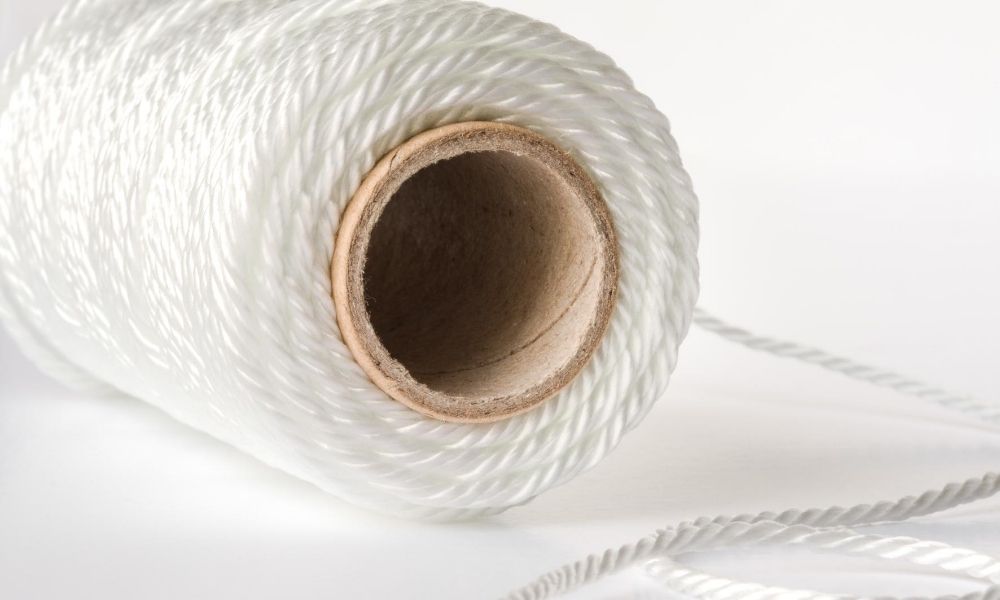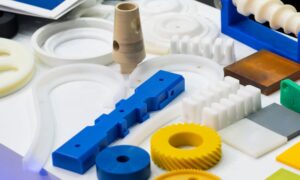When you hear the word “nylon,” you probably think about a very thin and stretchable fabric for clothing. However, nylon has many other uses. This guide will teach you about the properties and uses of nylon.
Nylon Properties
Durability and Flexibility
Don’t let nylon’s thin fibers fool you. This material is strong, and it can withstand years of wear. One reason for its strength is that it’s synthetic. Nylon’s ability to mold into any shape also makes it useful for products that require flexibility. Its flexibility comes from its natural elasticity.
Chemical- and Heat-Resistance
Nylon is made from coal, water, and oxygen. These ingredients combine with a polymer to make two chemicals: hexamethylene diamine and adipic acid (diacid). Each of these chemicals has six carbon backbones. One bond occurs when diacid and diamine alternate in the polymer chain. The strong bonds containing two very strong chemicals make nylon resistant to most chemicals.
Nylon is also called a thermoplastic, as it has a very high melting point of 220 degrees Celsius.
Nylon Uses
Replacement for Metal
Unlike metal, nylon is cheap and flexible. Therefore, it costs less to make and buy material made of nylon. Also, since nylon is more flexible than metal, nylon cleaning tools can clean hard-to-reach places where metal tools are not effective.
Coating for Medical Appliances
Nylon’s ability to resist many chemicals and withstand sterilization makes it a great product for medical appliances. Therefore, it can be used for catheters, bandages, walkers, hospital beds, and syringes.
Military Equipment
Nylon’s durability and resistance to heat and chemicals make it useful for military equipment such as tents, bags, uniforms, and ropes. Nylon fibers form after chips of nylon are melted and spun in a spinneret. The spinneret has many tiny holes that can change the nylon fiber’s shape and size. After the fiber cools, they can be woven together to create ropes durable enough for industrial use.
Plastic Machine Parts
Due to nylon’s durability, lightweight nature, and resistance to heat and chemicals, it can even be used in machine parts. Some of these parts include screws, nuts, and bolts. Nylon is often used in the electronics industry for items such as circuit boards and electrical cords.
Here at Miller Plastic Products, we machine nylon using methods such as injection molding, extrusion, and casting. To learn more about the properties and uses of nylon as well as our plastic fabrication services, check out our website and call us today.




